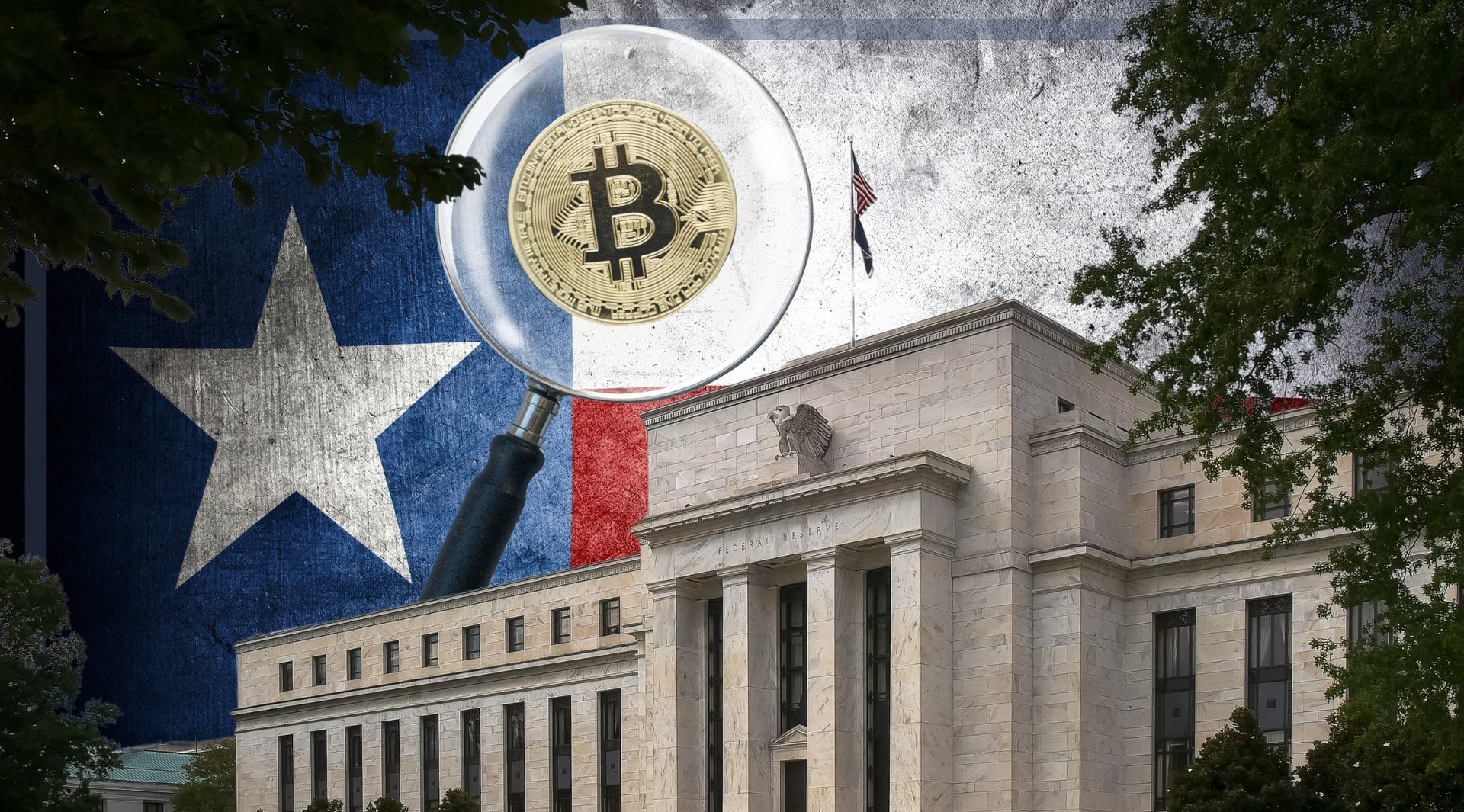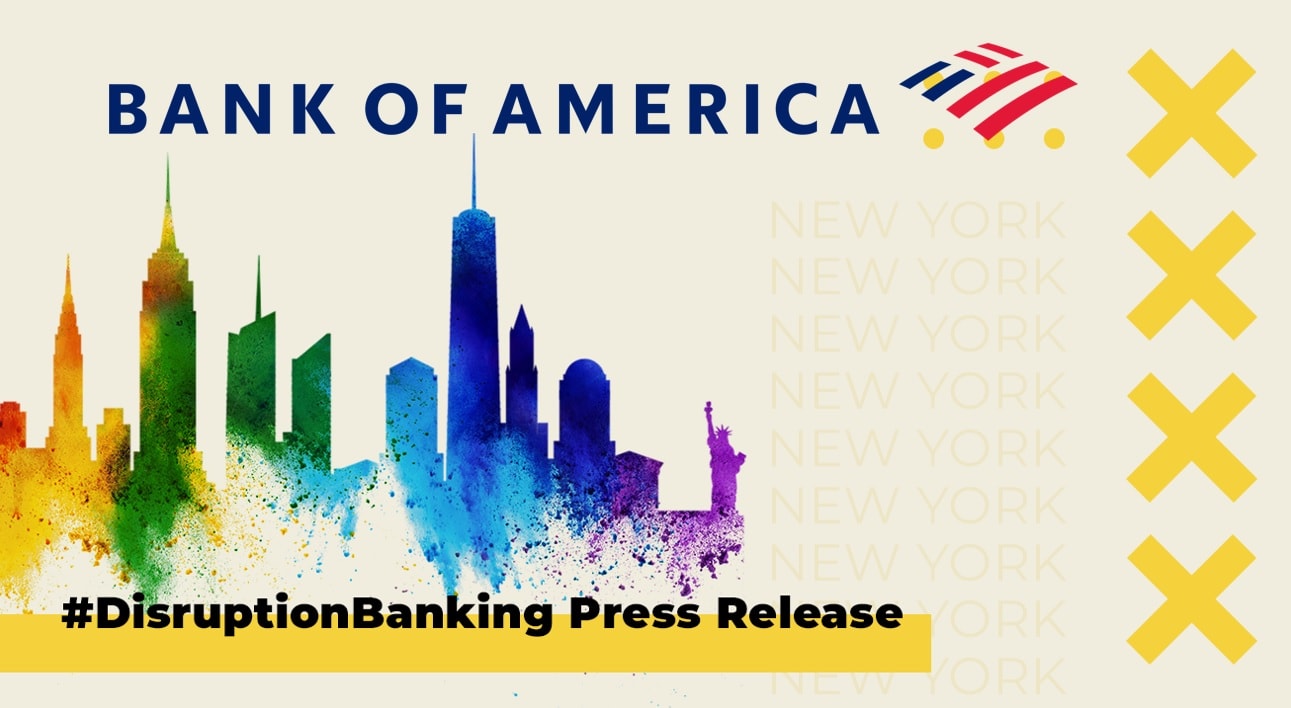Tel Aviv
In the heart of Tel Aviv’s commercial district are the offices of the Catalyst Fund, one of Israel’s leading private equity firms. Walking into their headquarters, on the twenty-third floor of a skyscraper tower in the city’s central HaArba’a Street, it is immediately clear that this place hosts elite members of the Israeli political and economic scene.
Adorning the walls are pictures of the firm’s French-Israeli Founding and Manager Partner, Edouard Cukierman, with the world’s great and good: Benjamin Netanyahu, Francois Hollande, and more. There is a sense here that the firm moves in the very top circles of politics and finance. One of the fund’s other founding partners, Yair Shamir, took a career break to serve in the Israeli cabinet.
We have come to Israel at what, for many, seems to be a pivotal moment for the country. Tel Aviv, Jerusalem, Haifa, and countless other cities have become the site of weekly demonstrations against the Netanyahu administration and their plans to reform the Israeli judiciary. Tensions in the West Bank have been increasing, with dozens of deaths since the turn of the year. Meanwhile, a global economic downturn has routed the technology sector on which the “start-up nation” depends. Just days before our meeting, Silicon Valley Bank, the most active international bank in Israel and a favourite of the country’s tech firms, collapsed.
Bank of Israel Governor Amir Yaron tells Richard that judicial reform could seriously hurt Israel's economy — and talks central bank independence and interest rates. pic.twitter.com/yQbid1nq6V
— Quest Means Business (@questCNN) March 14, 2023
Perhaps the most immediately impressive fact about the Catalyst Fund is its longevity in a highly competitive field. “104 funds were operating in Israel before the crisis of 2008,” Cukierman said. “100 disappeared. 96% failed. Out of the four that are left, we are the only one with the same core team as I the beginning. I think that part of our strength comes from the fact that we’ve been sticking together for so long.”
The Catalyst Fund, which has grown since its establishment in 1999 to have $300 million in assets under management, has a portfolio of disruptive technology companies, most of which are based in Israel but operate globally. The firm has particular expertise in deep tech and was the only private equity firm to invest in autonomous driving technology company Mobileye, which went on to complete the largest ever Israeli IPO and was acquired in 2017 for over $15 billion, the largest acquisition of an Israeli company in history.
In operation for over two decades and riding out the fall-out from both the “dot-com bubble” and global financial crash, Cukierman believes the Catalyst Fund has learned the lessons needed to overcome the challenges presented by the latest tech sector rout. For one, the Fund is “more focused on mature technology companies, as opposed to most of the funds that are doing early stage,” and is therefore shielded from the plunge in start-up valuations. Inevitably, the downturn “affects everyone but we are trying to avoid the same mistakes.”
And what are the lessons the Catalyst Fund has learned from previous experiences? Perhaps the most important one, Cukierman noted, is the importance of cash. “When we invest in a company, we really analyse, in-depth, the amount of cash that’s required for the company to turn cash positive,” he explained.
“We know that on average it takes a year for firms to raise money – maybe more now. So if you just raise money for one year, you need to start immediately after your closing to raise for the next round, which is ridiculous. When people come to us, we expect them to have enough cash for at least three years. We need to see a path to profitability,” Cukierman added. These cash reserves are all the more important in the current environment, with higher interest rates globally making access to cash more expensive and more difficult.
There are some trends that cash reserves alone can’t overcome, however. One of these is the geopolitical battle which Israel finds itself in the middle of. As the world increasingly divides into “Western” and “Eastern” camps, Israel is trying to maintain a delicate balance of its interests. With America’s part-withdrawal from the Middle East, China is taking an increased interest in the region, but Israel also continues to depend considerably on the military and financial power of the States.
Cukierman and the Catalyst Fund have long had a positive relationship with China and markets in the Far East. He hosts the annual “Go4Israel” event which brings leading figures in the Chinese business scene to Tel Aviv and connects them with Israeli companies looking for investment. The Fund has a strong partnership with the asset management company China Everbright, has an office of ten people in Hong Kong, and uses this “to provide some assistance for our portfolio companies to develop activities in China.”
Asian Nations Push Courtship Of Israeli Tech Companies. See more:
— GoForIsrael (@GoForIsrael) February 16, 2016
https://t.co/nvCcCpkLbw #Go4Israel #Asia #IsraeliTech #HighTech
Cukierman is confident that, while geopolitical tensions “may have some impact in specific industries,” Israel’s deep tech industry will be relatively immune. He pointed out that “the Israeli market is financed by the private sector, not the government: last year there was $17 billion in investment from venture capital firms.” Because “there is no public money in this sector,” he believes that investments will continue to be made on purely financial, not political grounds. “The role of the Catalyst Fund is to seek out value for portfolio companies – we are not wanting to get into geopolitics.”
“If you have interest from both a Chinese and American buyer, you have to check which is in the best interest for shareholders. If you think that there’s a risk that you could sell the company and the money will not come to you, because it needs the approval of the government in China, you may decide to go for an alternative offer. But really, you have to be driven only be the interest of the company,” he added.
A more direct and immediate concern for the Israeli tech sector comes from the collapse of Silicon Valley Bank, to which some of the Catalyst Fund’s portfolio companies did have exposure. Cukierman noted that SVB “was one of the most active banks in Israel” and suggested that conditions in the country’s banking sector were partly to blame for tech companies’ dependence on a foreign bank.
“The Bank of Israel is very, very conservative,” Cukierman said. “They are not really active in providing loans to the technology sector because it’s hard for them to assess the risk associated with such companies. They don’t provide any funds; they’re not very aggressive. A lot of Israeli companies therefore depended on international banks, including SVB.” While he is optimistic that the SVB collapse will not have lasting ramifications for the country’s tech space, not least because the bank was bailed out by the US government and deposits were secured, Cukierman believes this could provide a much-needed prompt to reform Israel’s own banking scene and reduce its exposure to foreign actors.
Silicon Valley Bank’s failure is already impacting the Middle East, particularly Israel. #SVB (by @Adam_Lucente) https://t.co/udRAx1S5G1
— Al-Monitor (@AlMonitor) March 13, 2023
We can’t finish the meeting without discussing the controversy that everyone in Israel is talking about – Netanyahu’s judicial reforms, which have prompted mass protests on the streets. These reforms are about reducing the power of the judiciary to influence law-making and increasing the power of the executive. Opponents of the move claim that Netanyahu’s real motivation is protecting himself from a corruption charge and removing a curb on his power. Several start-up leaders and venture capital firms have threatened to move assets out of Israel on the grounds the move is jeopardising economic stability.
Cukierman believes that “the impact of these reforms is far above their substance” although “it’s now in the interests of the government to put these reforms aside.” His view is that “some reforms were required, because there are absurdities in Israel’s legal system,” but fears that political and economic instability could be a serious drag on growth and productivity. “Why invest in a country where there is so much uncertainty? I’m afraid this will have an impact on every Israeli because of how much we depend economically on the tech sector.”
That said, Cukierman is not as pessimistic as some about Israel’s prospects, even when it comes to the renewed surge of violence in the West Bank that is also increasing Israel’s risk profile. While he remains concerned about the influence of Iran in the West Bank and Gaza, largely because of their funding for Hamas, Hezbollah, and other terrorist organisations, Cukierman notes that “if you look at specific events in the last few months, there have been much more problematic periods in Israel’s history, where Israel was in more dangerous situations in terms of geopolitics.”
“You have to zoom out from time to time. The economy of Israel is very strong, and we have become the superpower of the region,” he added.
Speaking to Cukierman, it is clear that not much about Israel’s current difficulties faze him. He, and the Catalyst Fund, have ridden out several storms before and this has equipped him with a certain perspective. A long career in high finance, one in which he has manoeuvred at the very top of Israel’s business and tech scene, means there is not much which Cukierman hasn’t seen before. This experience, along with the strategies he and his partners have successfully been deploying for over two decades, means he carries himself with a certain confidence and assurance but not arrogance.
“We’ve tried to learn from the lessons of the past,” Cukierman said. “That doesn’t mean we won’t make mistakes in the future. But we’ll try to avoid making the same mistakes.”
Author: Harry Clynch















